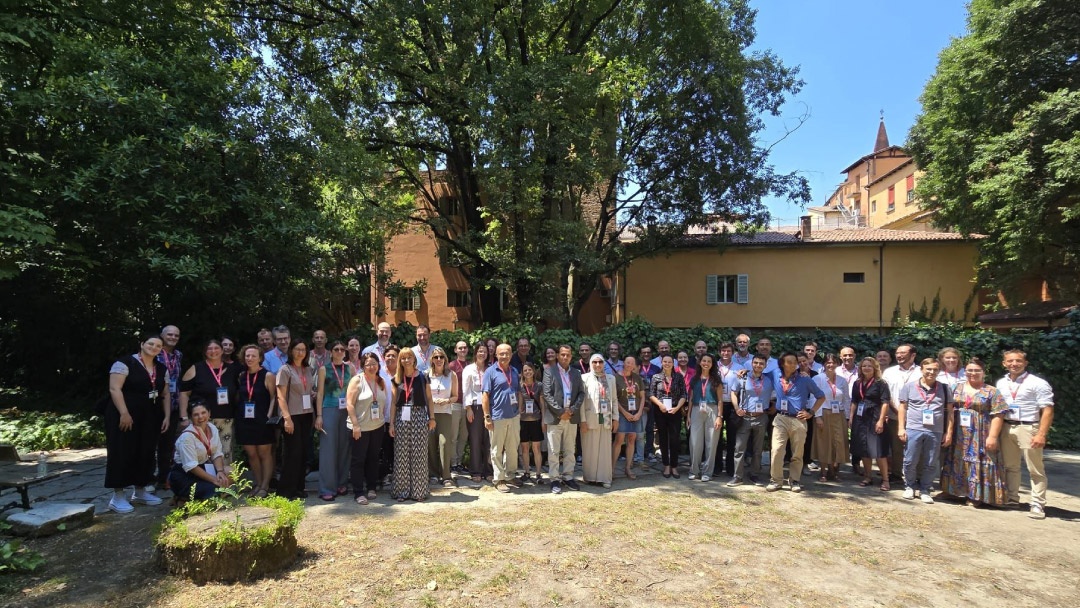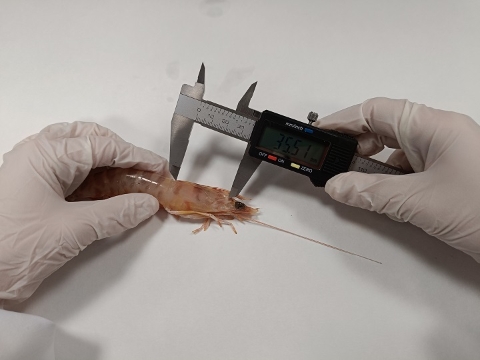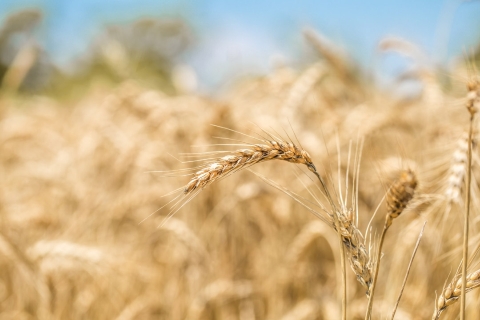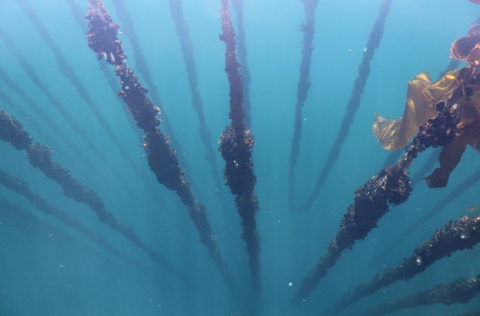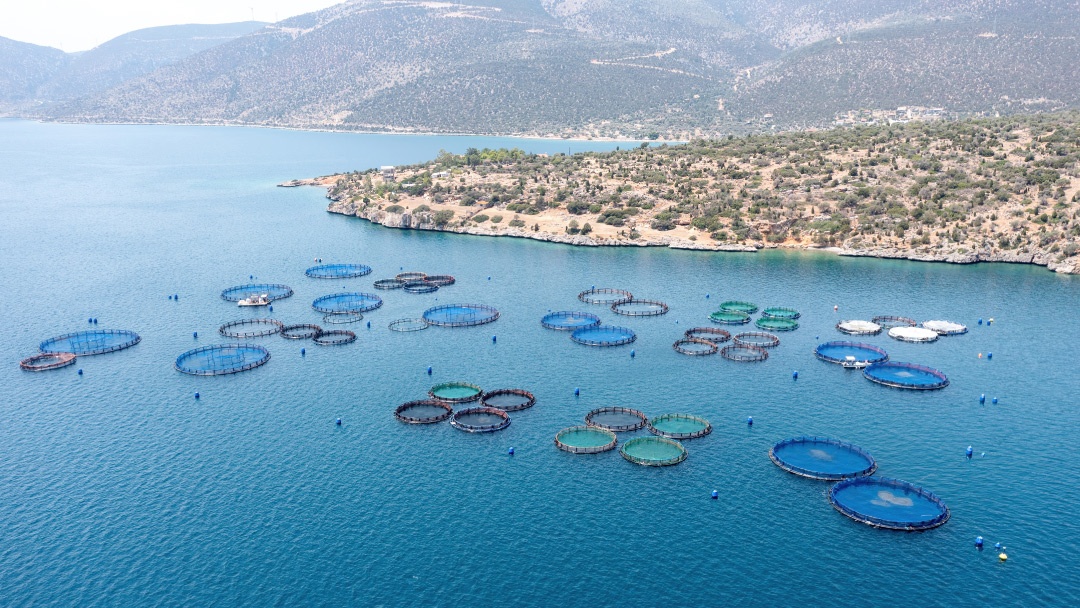
In Formula 1, the difference between winning and losing often comes down to knowing whether it will rain in the next ten minutes or if track temperatures are set to rise by two degrees. Each team relies on real-time data from sensors, weather models and trackside conditions to make split-second strategic decisions-when to change tyres, when to push harder, and when to hold back. It’s no longer enough to know what it might rain; what matters is when, where, and how much.
That same leap in precision, strategic foresight and responsiveness is at the heart of ActFast (Actions for Climate Transition for Developing Future Aquaculture Strategies and Technologies), a new Horizon European project that brings together science, technology and collaboration to help the aquaculture sector adapt in real terms to the challenges of climate change. And it aims to do so not just with broad predictions, but with targeted, practical solution tailored to local realities.
ActFast is coordinated by the Department of Veterinary Medical Sciences at the University of Bologna, in Italy, together to a multidisciplinary consortium of 28 partners from 10 EU countries-as well as Norway, Tunisia and Egypt.
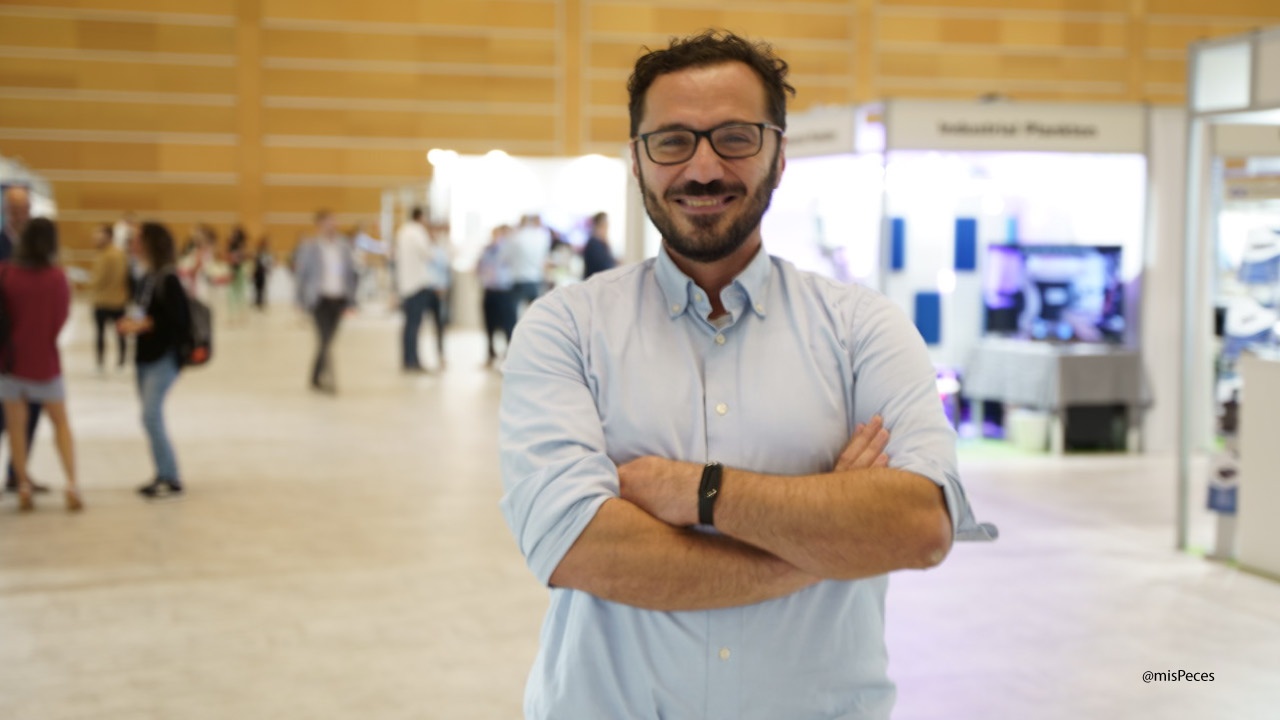 Alessio Bonaldo | @misPeces
Alessio Bonaldo | @misPeces
Alessio Bonaldo highlights a broad and balanced group in which 50% of the partners are private companies-a structure that ensures close alignment with the practical needs of the sector. ActFast also has a sister project, OCCAM, with which it will collaborate from the outset of its technical activities.
A central actor in this effort is the Euro-Mediterranean Centre on Climate Change (CMCC), which leads the activities on high-resolution climate projections and forecasting tailored to aquaculture. With 250 climate scientists, CMCC stands as one of the leading institutions of its kind in the region.
As commented by Alessio Bonaldo, following the kick-off meeting held in Bologna recently, the technical phase will begin in autumn 2025, and the first results-particularly relating to the climate forecasting system-are expected by autumn 2026. From that point on, the system will begin generating projections of climate conditions for 2030, offering aquaculture producers a vital planning tool for the medium and long term.
Bonaldo notes that ActFast will focus on four key aquaculture regions across Mediterranean and Europe: Mediterranean basin, the deltas of the Po, Ebro and Nile, the inland waters of Central and East Europe, and the northeast Atlantic.
Each of these areas faces distinct challenges: from soil salinisation in the deltas to increased disease pressure and freshwater scarcity inland. To address these risks, the project will draw on historical climate data, satellite imagery, predictive models and, crucially, the on-the-ground knowledge of aquaculture producers themselves.
A major strength of ActFast lies in its ambition to move from reaction to anticipation. One of its headline tools will be an early warning system for the Mediterranean, allowing farmers to enter their farm’s coordinates on the project platform and receive climate forecasts at a 5-kilometre resolution.
This level of precision represents a substantial upgrade over current models and will be made possible by integrating artificial intelligence. The AI system will process huge data volumes and will be able to detect localized extreme events-such as heatwaves or flash floods-and deliver tailored alerts to aquaculture operation at risk. Additionally, new sensors will be deployed to detect algal toxins, an increasingly serious problem linked to warming waters and ecosystem imbalance.
According to Bonaldo, ActFast will develop solutions that reflect the unique needs of each region: In Spain’s Ebro Delta, where former rice fields are now affected by salinity, aquaponic system will be introduced to cultivate grey mullet, seaweed and shellfish.
In Egypt’s Nile Delta, producers will implement freshwater-efficient aquaponic to farm tilapia, algae and molluscs. And, in Italy’s Po Delta, the invasive blue crab threatens shellfish farming. The project will test specially designed clam containers resistant to crab predation.
In Eastern Europe, new winter feeds for carp will be developed to sustain productivity through the colder months. In addition, duckweed will be cultivated in aquaponics as a protein-rich, sustainable plant source.
In more intensive Mediterranean aquaculture, fish diets will be formulated to match rising temperatures, adjusting energy and protein levels accordingly. For Atlantic salmon, the project will combine genetic selection and specialised nutrition to tackle diseases like Gill Complex Disease and nephrocalcinosis, especially in Recirculating Aquaculture Systems.
Immersive Training and Open Knowledge Sharing
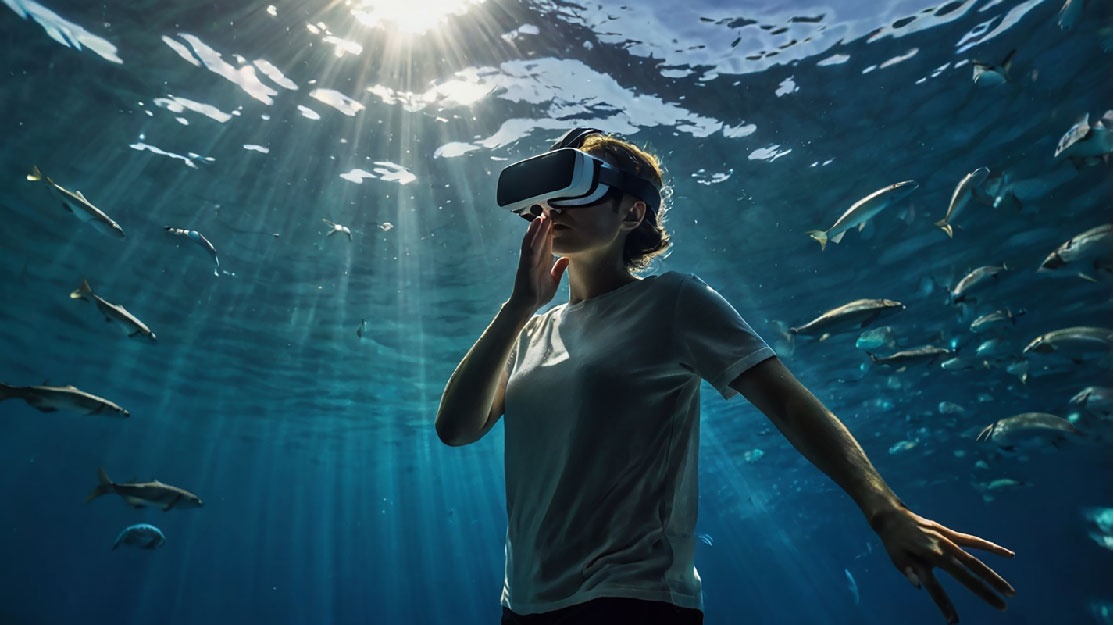
A cornerstone of ActFast is ensuring that innovation reaches those who need it most. A Virtual ActFast Lighthouse will be launched as a digital training hub using immersive technology, where aquaculture professionals will be able to simulate real-life scenarios, learn new techniques, explore results from experimental trials.
The project will also offer targeted training such as webinars for producers in Central and Eastern Europe and Ukraine, in collaboration with the project partner NACEE (the Network of Aquaculture Centres in Central and Eastern Europe).
As climate change continues to reshape the conditions under which aquaculture operates, initiatives like ActFast mark a crucial step towards a more resilient, informed and adaptive sector. By bridging science, innovation and the lived experience of producers, the project doesn’t just aim to predict the future — it empowers communities to shape it. With its integrated approach, international collaboration and commitment to practical solutions, ActFast stands as a forward-looking model for how European aquaculture can not only survive, but thrive, in a changing world.
